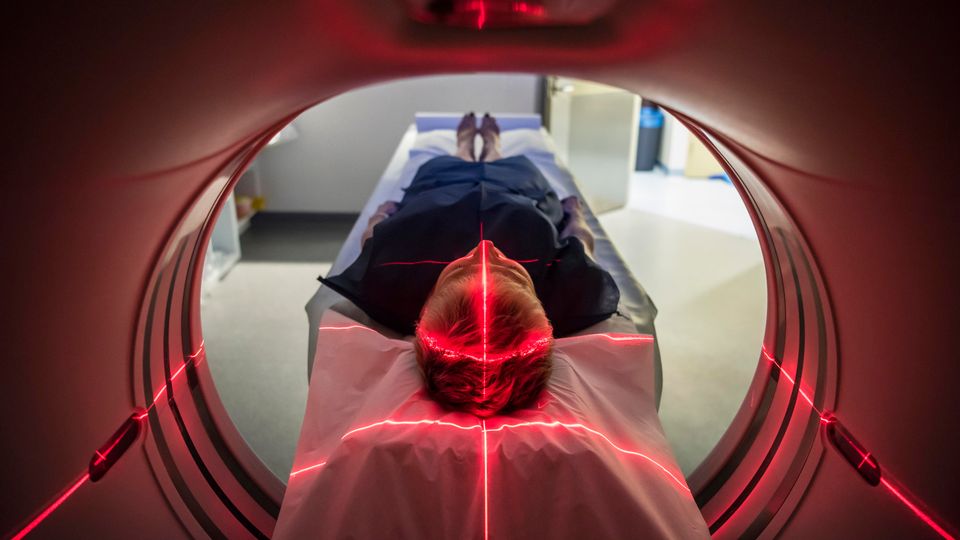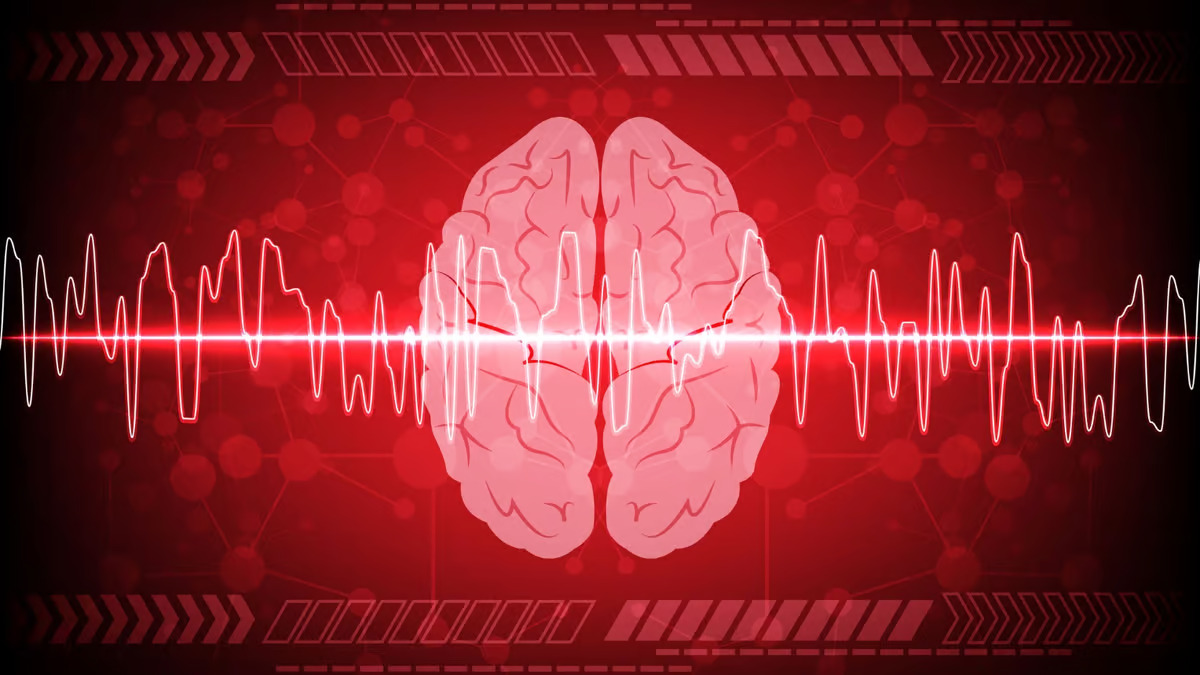Recent research, co-led by Mass General Brigham, reveals that brain scans such as functional MRI (fMRI) and electroencephalography (EEG) can detect signs of consciousness in some brain injury patients who appear unresponsive.
The study involved 241 participants with severe brain injuries who did not respond to simple instructions at the bedside. These participants were tested using fMRI, EEG, or both, and about 25% of them showed covert brain activity, indicating that they understood and followed instructions despite being unable to physically respond.
The phenomenon observed, called cognitive motor dissociation, indicates that while patients seem unresponsive, they may still be able to understand language, retain instructions, and maintain attention.
This finding challenges traditional methods of assessing consciousness in brain injury patients and raises important ethical and clinical questions. Researchers emphasize the need to explore ways to leverage this hidden cognitive capacity for communication and recovery.

The study included data from six different sites across the United States, United Kingdom, and Europe over 15 years. Some participants were recently injured and recruited from intensive care units, while others were recruited months or years after their injuries.
In addition to the main group of unresponsive patients, researchers also studied 112 patients who did respond to simple instructions. Interestingly, 62% of these responsive participants did not exhibit the expected brain responses on the fMRI and EEG tests, underscoring the complexity of the tasks.
Detecting cognitive awareness in patients who appear unresponsive can significantly impact their clinical care. Once cognitive motor dissociation is identified, healthcare teams often adjust their interactions with patients, paying closer attention to subtle behaviors and increasing efforts to engage with them.
However, failing to detect this condition can lead to premature life support withdrawal or missed rehabilitation opportunities.
The researchers point out the challenges and limitations of the study. Each site tested patients differently, creating variability in the data. Additionally, many participants were recruited because their families contacted the researchers after learning about the study.
These factors limit the ability to determine the true global prevalence of cognitive motor dissociation, and the lack of professional guidelines for assessing this condition hinders its clinical application.
Looking forward, the researchers stress the importance of validating their methods and developing systematic approaches for assessing unresponsive patients. The Mass General Hospital’s Emerging Consciousness Program currently offers such evaluations, but wider access is necessary.
Additionally, the findings may lead to research on specific interventions, such as brain-computer interfaces (BCIs), which could one day help patients with impaired communication.
A related study by a Mass General Brigham team demonstrated that a man with ALS was able to use a BCI implant to convert his attempted speech into text, showing potential future applications for such technologies.
